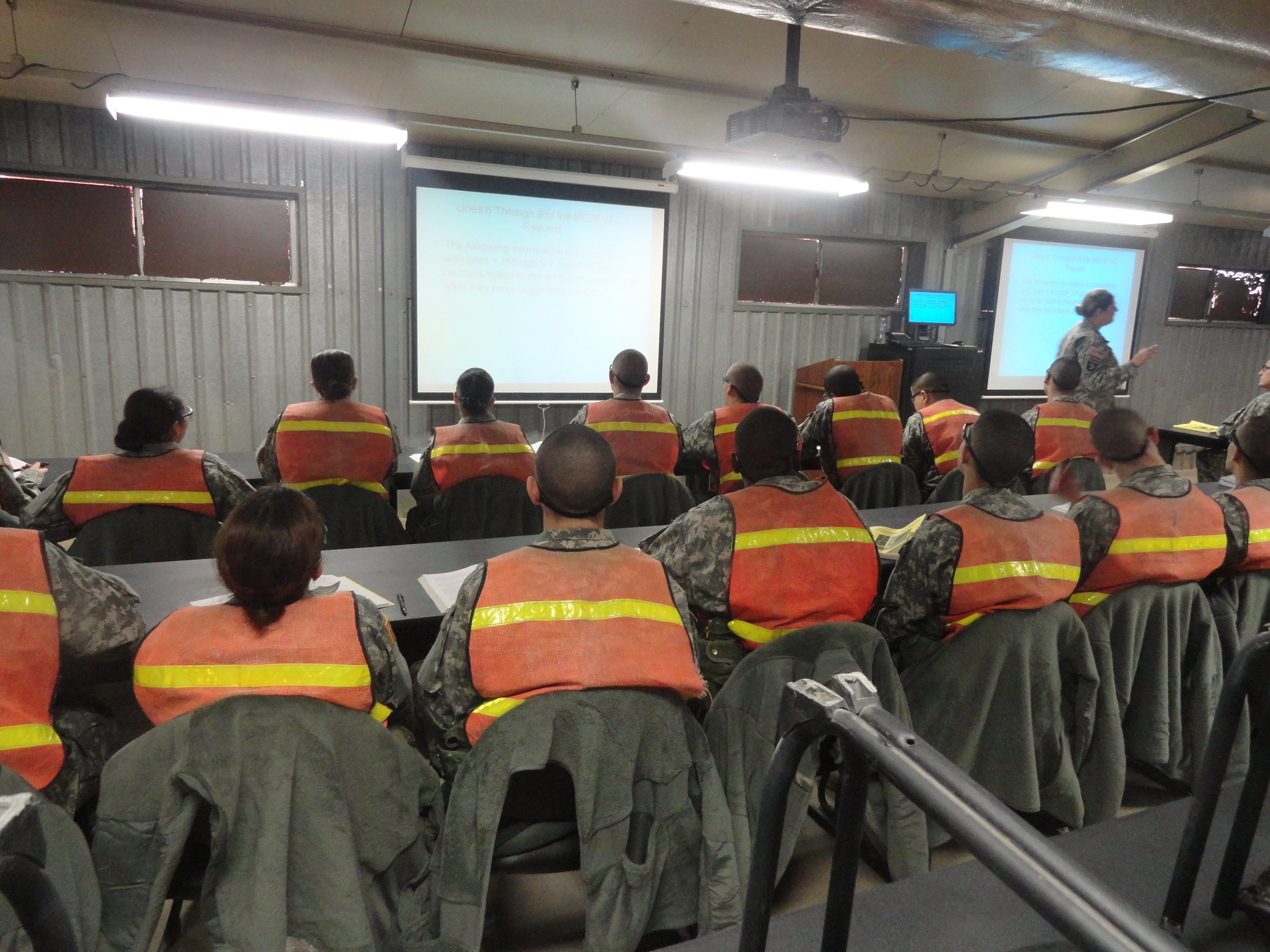For this post I want to talk about something that is important to me. Writing. You use it every day. You take your notes, you write your emails, you compose memorandums, and construct Standard Operating Procedures (SOP). In all of this writing is extremely important because it lets you convey your ideas accurately and concisely. Writing is often your first impression when you send an introduction letter to your chain of command, and can help you build a reputation of effectiveness (communicating efficiently and intelligently is half the battle for being effective). It also lets you communicate better to others as well as your supervisors and higher units without embarrassing yourself. Basically: knowing how to write well can keep you from looking like a moron.
Tips for Writing
1. Write in your own voice. We write best when we write the way we talk. It is just natural. Trying to add extra words and unfamiliar phrases can make your wording sound unnatural and awkward. Trust yourself that you have the words, you can always revise what you have written if you don’t like it. As you write more it will get easier.
2. Read more. People do not read as much as they used to. Heck, it used to be the main form of entertainment before television (and the radio). Reading is an extremely good way to expand your vocabulary because you learn to use words in the proper context as well as learning the meaning of the word. Reading can also help you “find” your voice while writing if you are having trouble hearing it.
3. Know your grammar and punctuation. This is a little trickier since there are so many grammar and punctuation rules out there. Generally, knowing about commas and periods are a good idea (those semi-colons are a little trickier to use), but reading comes in handy here too, because you can get to know what good sentence structure is.
4. Spell check. Spell check is pretty awesome because what you originally needed to look up in a dictionary, now you just need to click a button. You only need to spell well enough for spell check to know what you are trying to say for it to work. That said, make sure you actually hit that button! I have read tons of memos and emails that people could easily correct common spelling mistakes if they only took the 2 seconds it takes to hit the spell check button.
5. Proofread. This is a lost skill like spelling, but unlike spelling it is still important. Sometimes I write things that make absolutely no sense when they are read, but they make sense as I type them. This is why proofreading is so important. It can catch things that spell check doesn’t like grammar, sentence structure and punctuation. Proofreading whatever you have written before you send it, whether it is an email, counseling, or memorandum, is extremely important because it can keep you from looking like an idiot in front of your peers and superiors. If all else fails, get a battle buddy to help you proofread that important memo.

